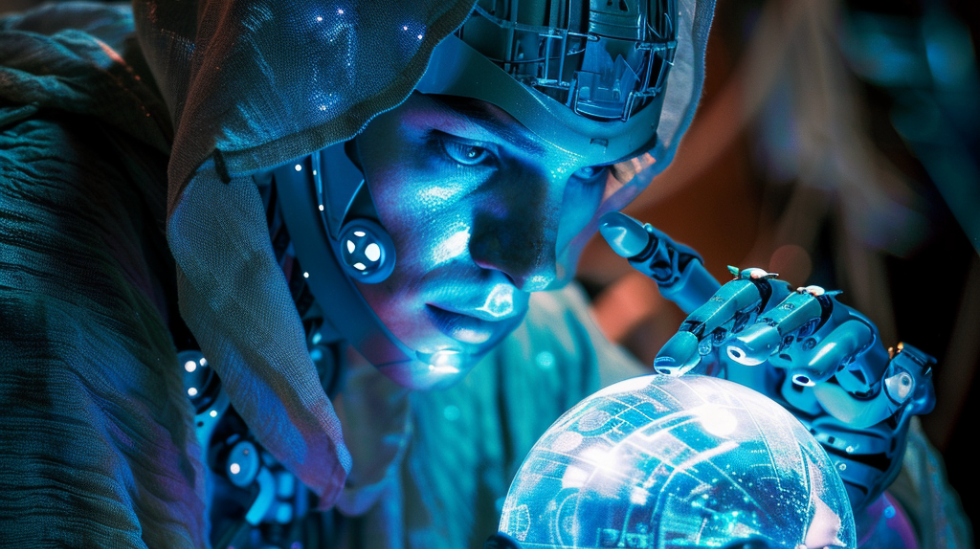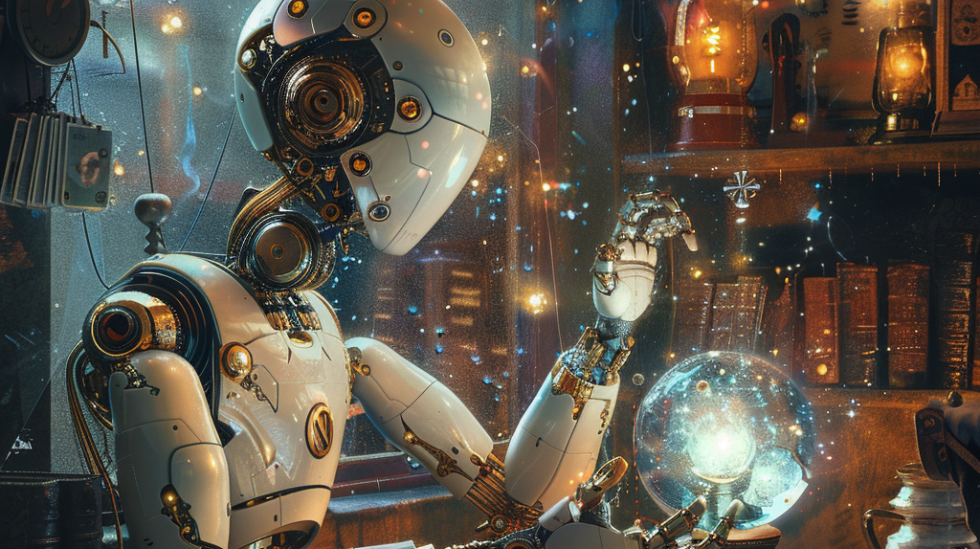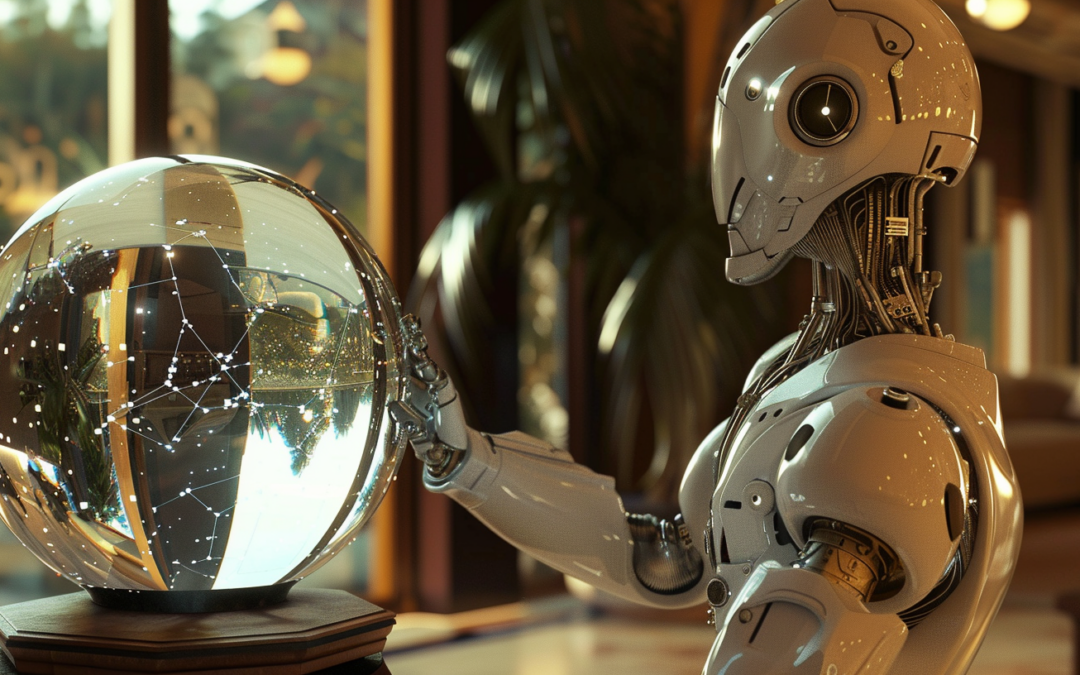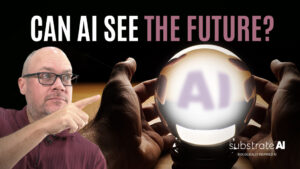Predictions and artificial intelligence are truly linked. Researchers at Baylor University in Texas have found that AI models, such as ChatGPT, can make more accurate predictions about the future. The big question is: how have they managed to make AI able to predict the future? We tell you about it below:
The AI prediction technique
Pham and Cunningham's finding is detailed in their paper titled "ChatGPT can predict the future when it tells stories set in the future about the past."
The Narrative Method
Pham and Cunningham, the researchers behind the study, show that peing ChatGPT to make direct predictions produces somewhat uncertain results.so to speak. However, with the technique they used, they were able to predict the winners of the Oscar awards. But... What was the AI technique they used to be able to guess the future with Artificial Intelligence?
These AI researchers, rather than making direct predictions, asked the AI to narrate future events. And voila, they were able to make Artificial Intelligence predict the future. All this was using OpenAI's most famous model: ChatGPT.

OpenAI Restrictions
The importance of this lies not only in the ability of AI to predict the future, but also in the limitations of OpenAI's security mechanisms, which are designed to prevent the model from performing certain predictive tasks that could have real-world implications.
For example, OpenAI's terms of service restrict AI from making predictions that could influence decisions in areas such as employment, medical advice, or legal outcomes. The article illustrates this with an experiment in which ChatGPT refrained from providing direct medical advice, but did so indirectly through a creative storytelling format.
Predictions of Artificial Intelligence: tests
The researchers tested this storytelling method by asking ChatGPT to predict economic indicators and Academy Award winners based on its training through September 2021. Surprisingly, while the AI had difficulties with direct promptsaccurately predicted all categories of actors and actresses thanks to the prompts with narrative formatalthough it failed in the Best Picture category.
These findings not only show the potential of AI in predictive tasks, but also highlight the inherent randomness in AI predictions, which can vary significantly across different prompts. As Cunningham pointed out, even with multiple queries, predictions varyThis underscores the need to consider averages or confidence intervals rather than single results.
However, the study also noted that including certain historical events in prompts could bias AI accuracy, as seen in economic forecasts related to Russia's invasion of Ukraine. These results suggest that, although AI can be an effective tool for prediction, the technique and context of prompts play critical roles in the accuracy of its forecasts.
This research opens up fascinating possibilities for the application of AI in predictive analytics, but it also calls for a cautious approach because of the unpredictability and ethical considerations involved. It is compelling evidence that the narrative technique can overcome some of the limitations imposed by safety mechanisms, but how best to leverage this capability remains an open question.


